With the rise of cryptocurrency, a term often thrown around, yet not fully grasped by many newcomers, is "gas fees". These fees can surprise and even deter some from engaging further with blockchain transactions. Let's break it down.
At its core, a 'gas fee' is a transaction fee. Just like you'd pay a fee to transfer money between banks, in the world of Ethereum and other networks, gas fees compensate miners for their work. But why can it sometimes be high? It boils down to supply and demand. If the network is busy, fees go up. If it's quiet, they come down.
But here's the kicker – not all transactions are created equal. Complex operations require more 'gas'. It's a bit like the difference between sending a letter and sending a large package – one costs more because it requires more resources.
So, how can you avoid high fees?
- Time it Right: Gas fees fluctuate throughout the day. Tools like ETH Gas Now can help you find optimal times to transact.
- L2 Solutions: Layer 2 scaling solutions, like Rollups or Plasma, offer cheaper and faster transactions by processing off the main chain.
- Batching Transactions: Instead of sending multiple transactions separately, some wallets allow you to batch or combine multiple operations into a single transaction. This can be more efficient and potentially save on cumulative gas fees.
[link] [comments]

You can get bonuses upto $100 FREE BONUS when you:
💰 Install these recommended apps:
💲 SocialGood - 100% Crypto Back on Everyday Shopping
💲 xPortal - The DeFi For The Next Billion
💲 CryptoTab Browser - Lightweight, fast, and ready to mine!
💰 Register on these recommended exchanges:
🟡 Binance🟡 Bitfinex🟡 Bitmart🟡 Bittrex🟡 Bitget
🟡 CoinEx🟡 Crypto.com🟡 Gate.io🟡 Huobi🟡 Kucoin.

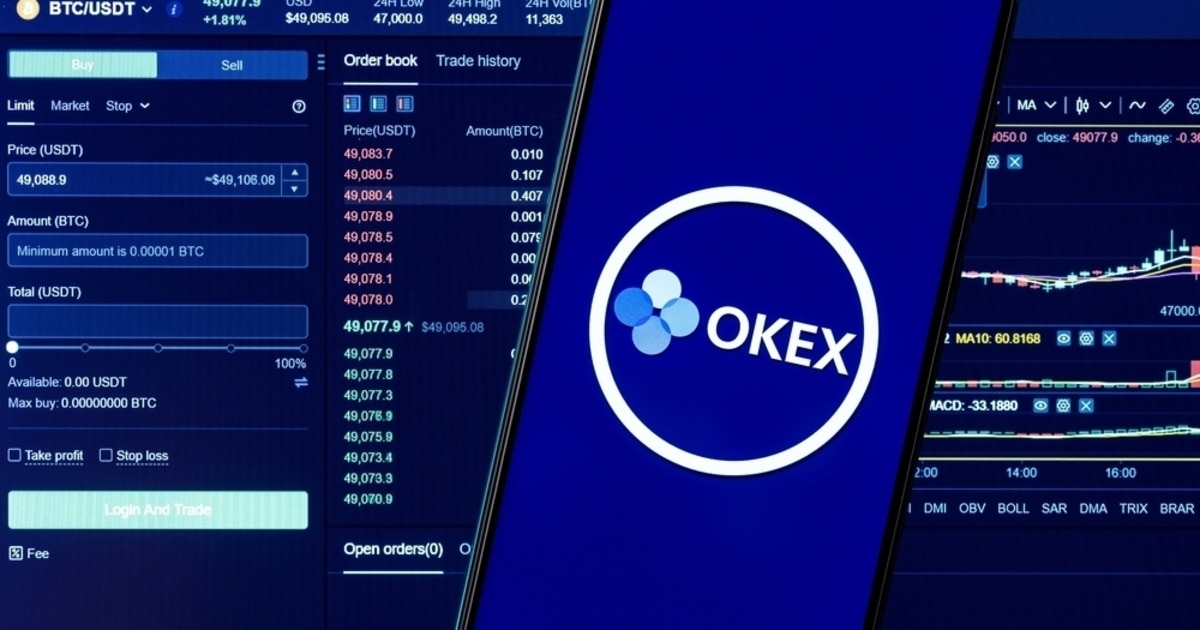

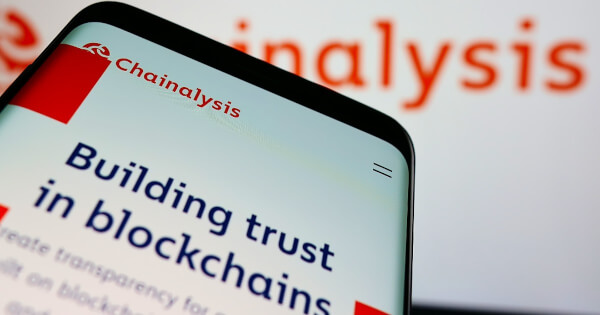
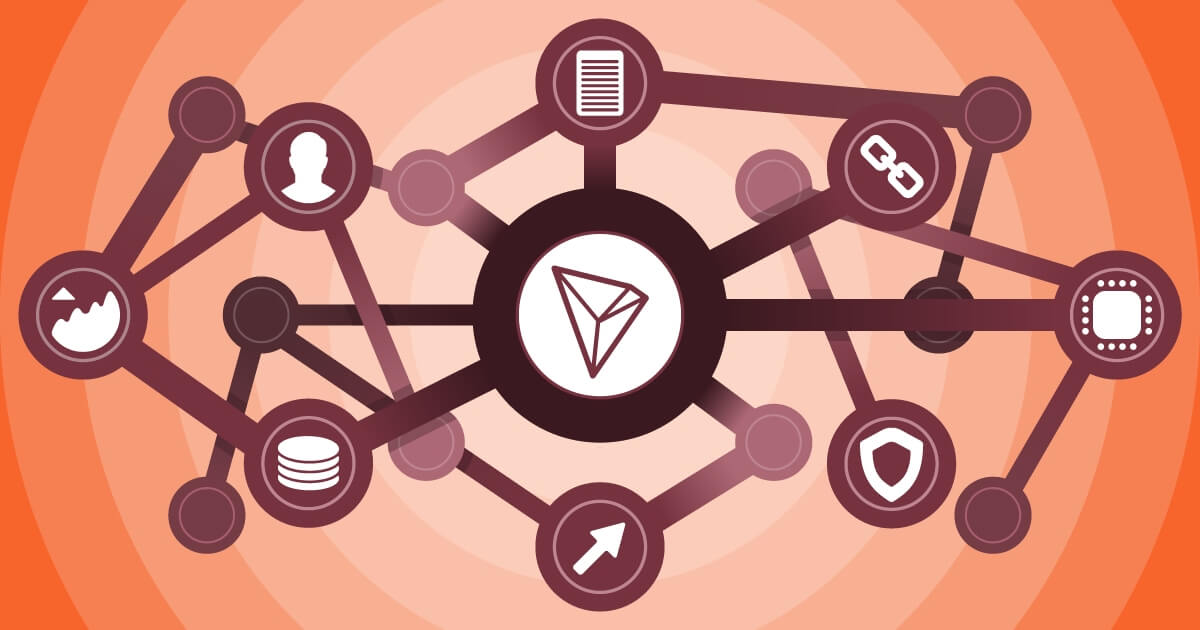
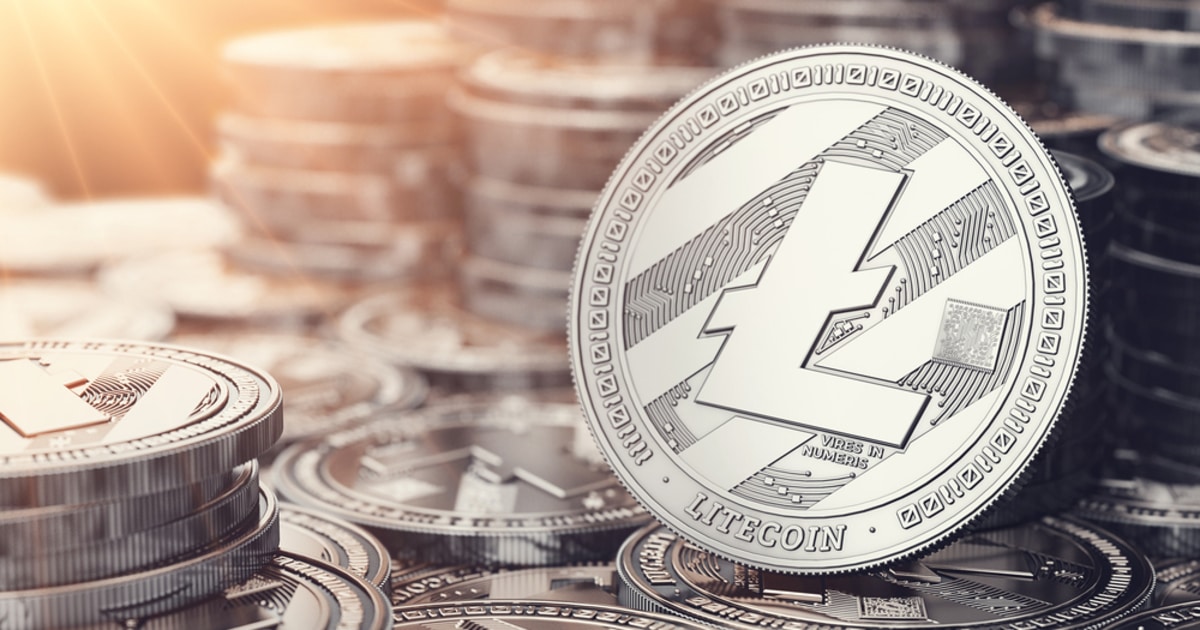

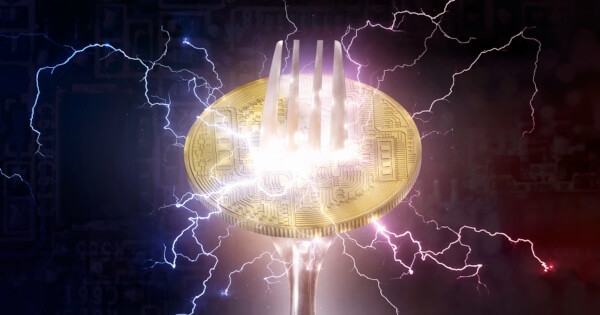

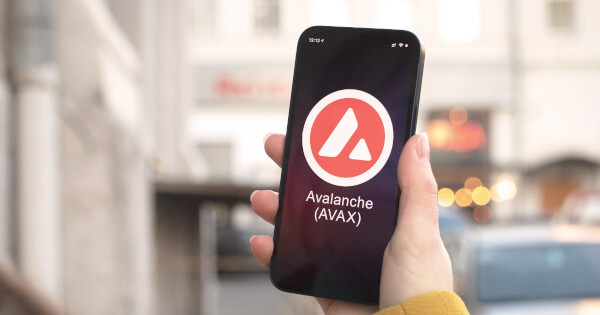
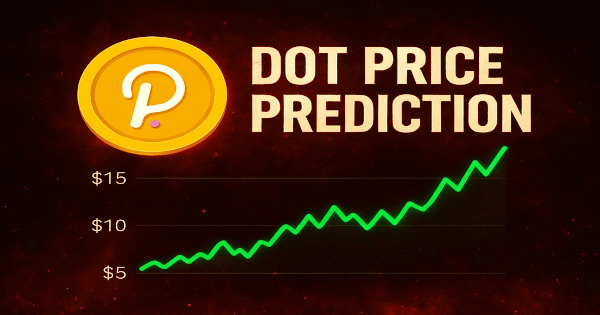




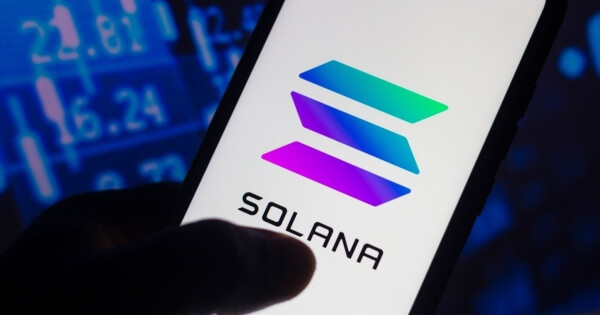



Comments